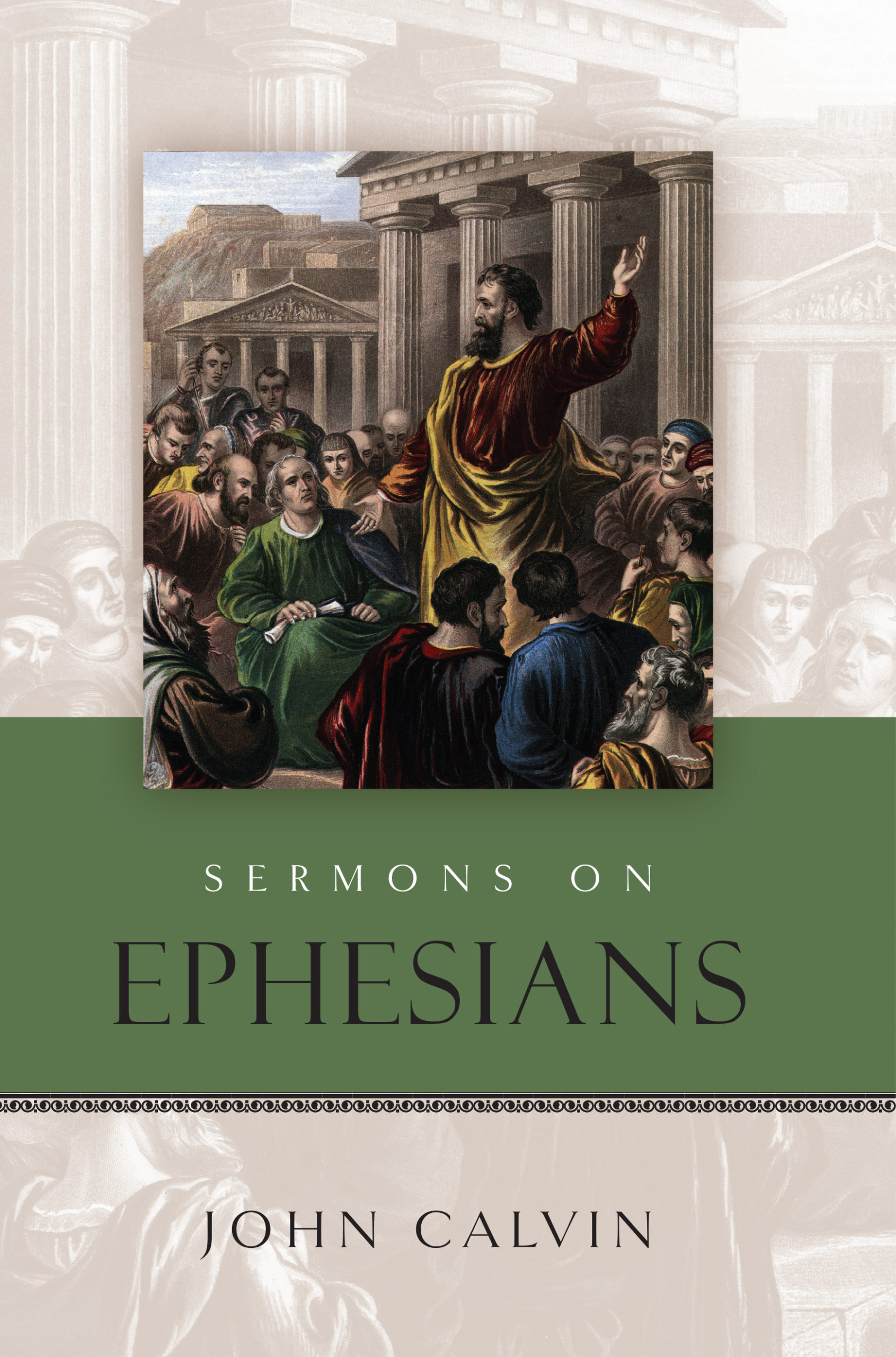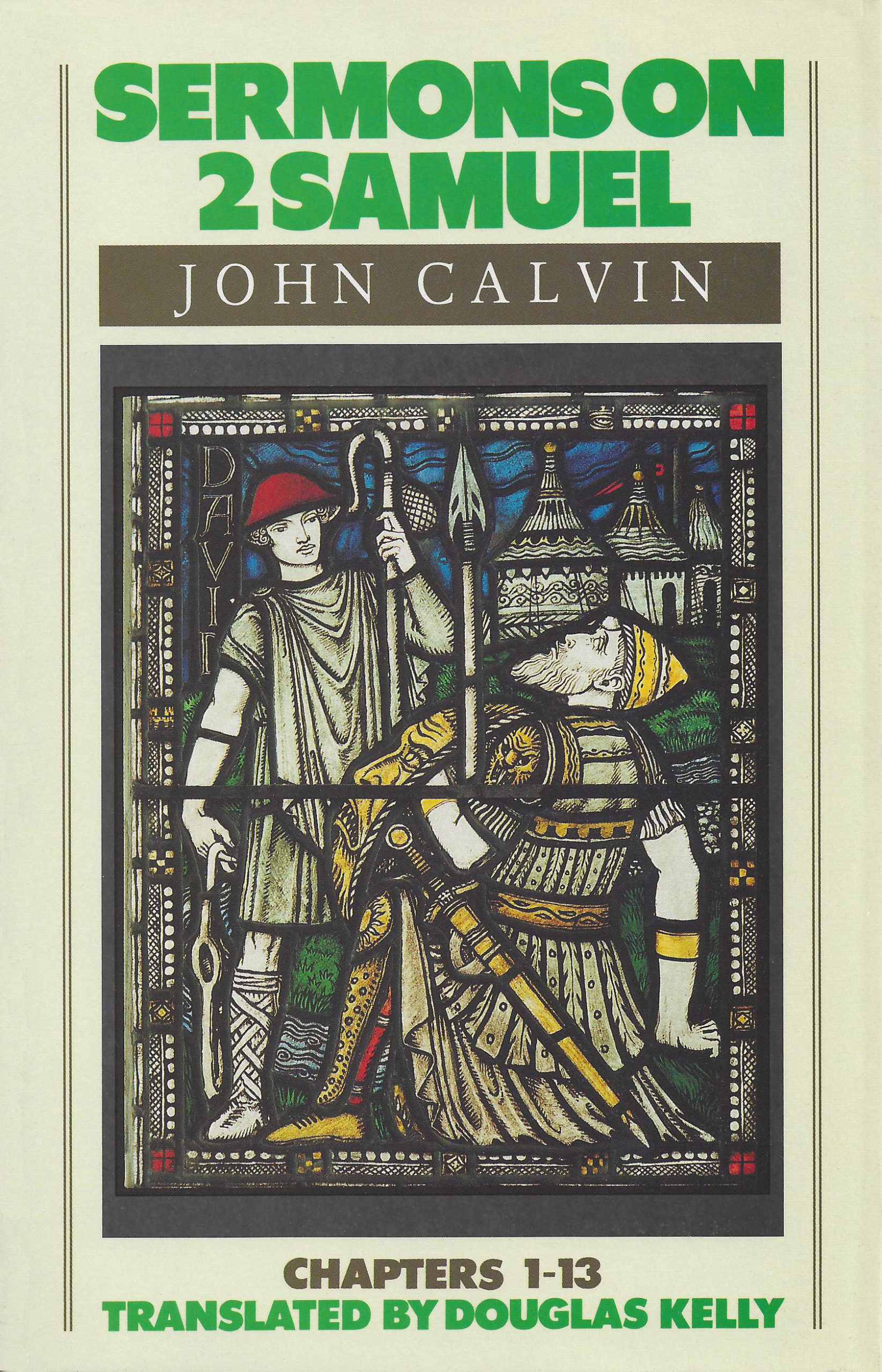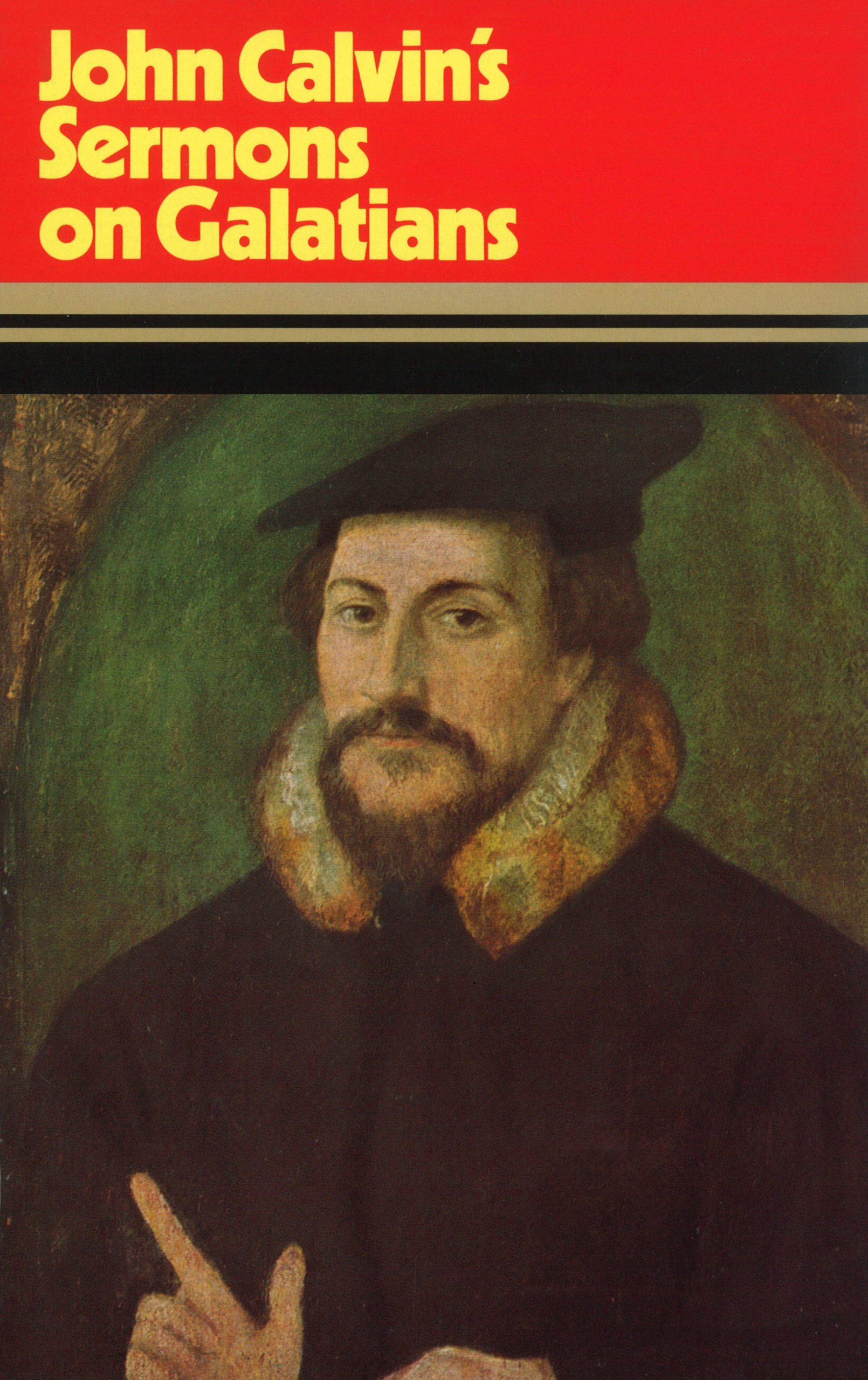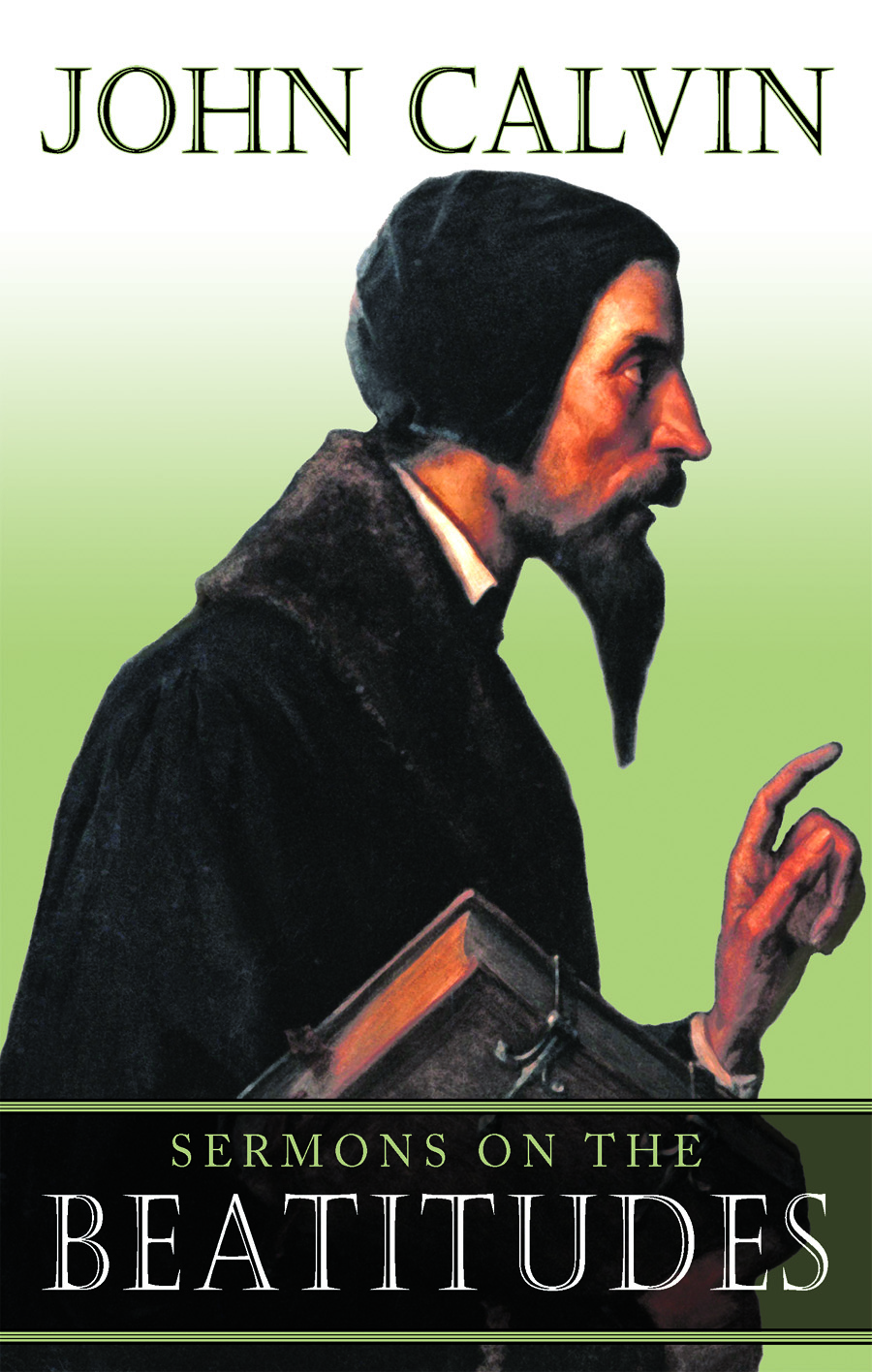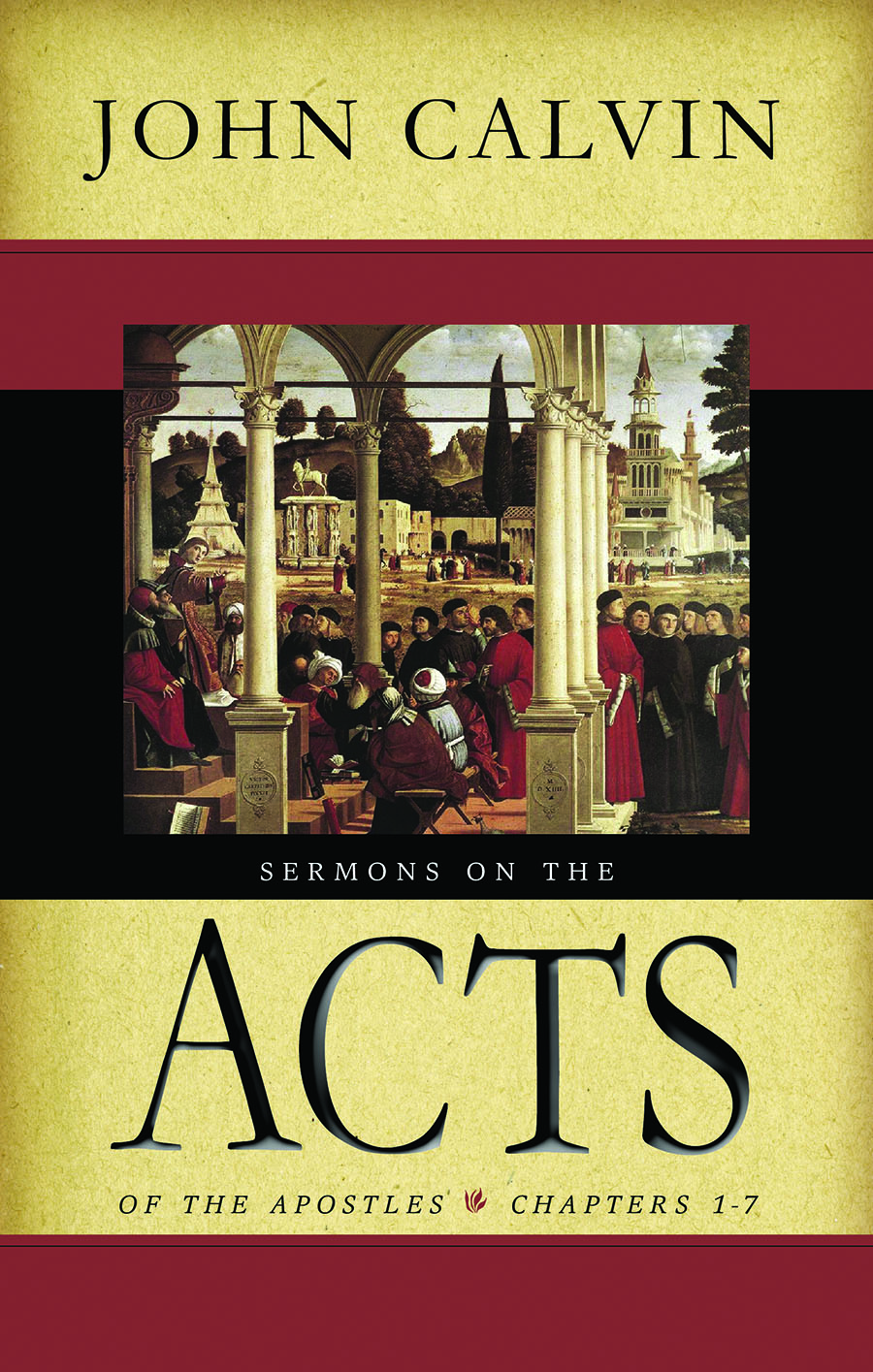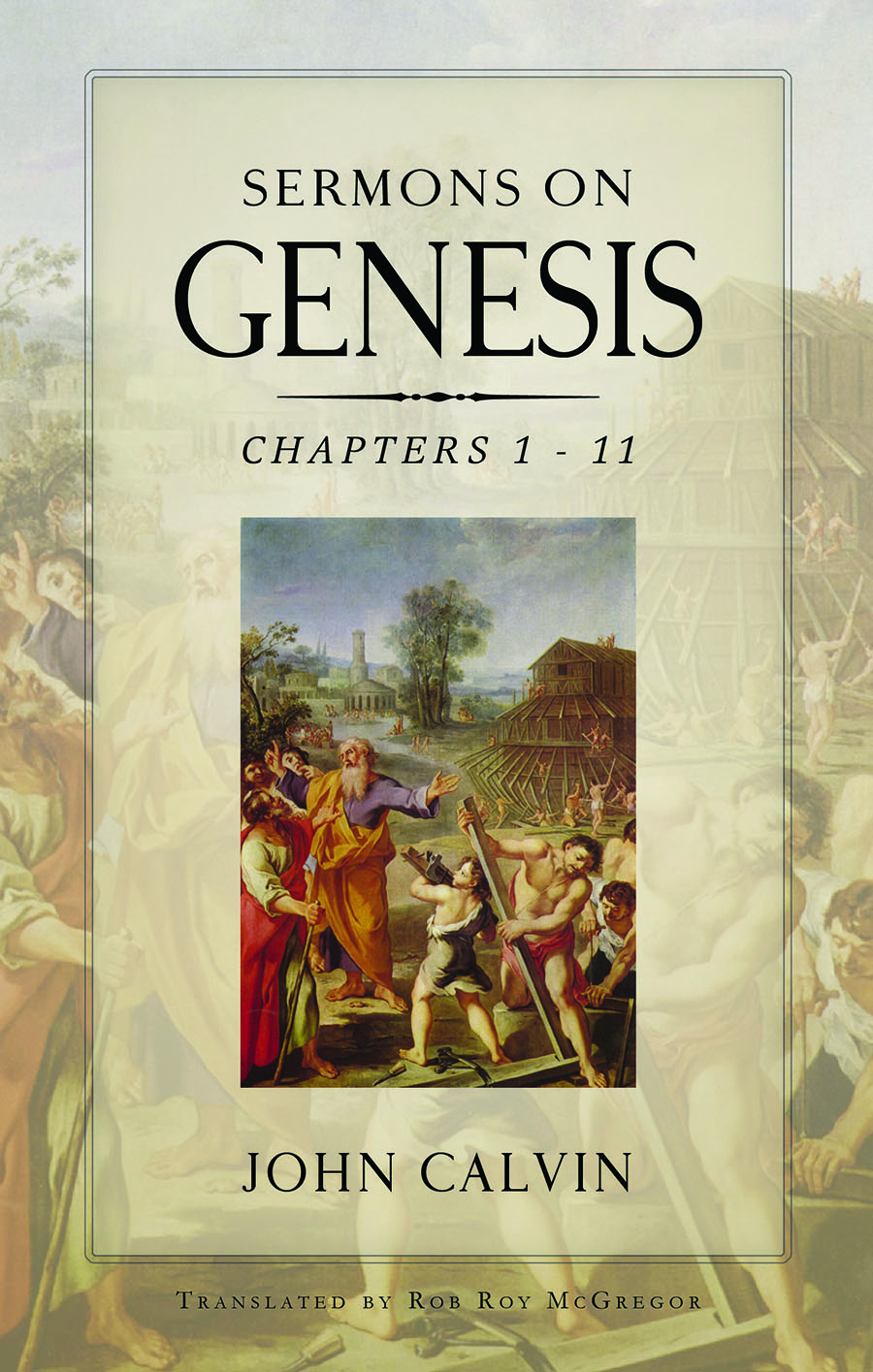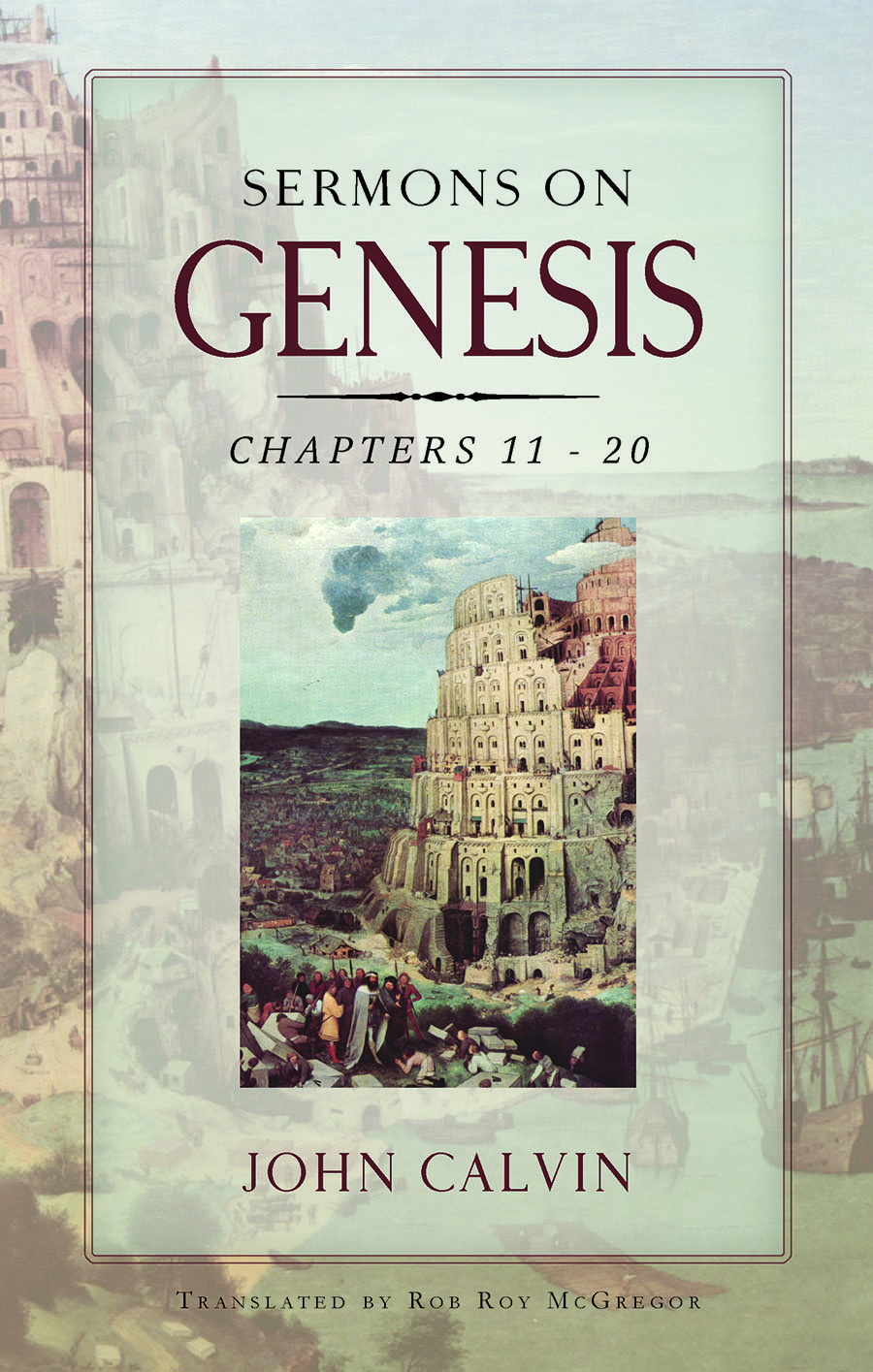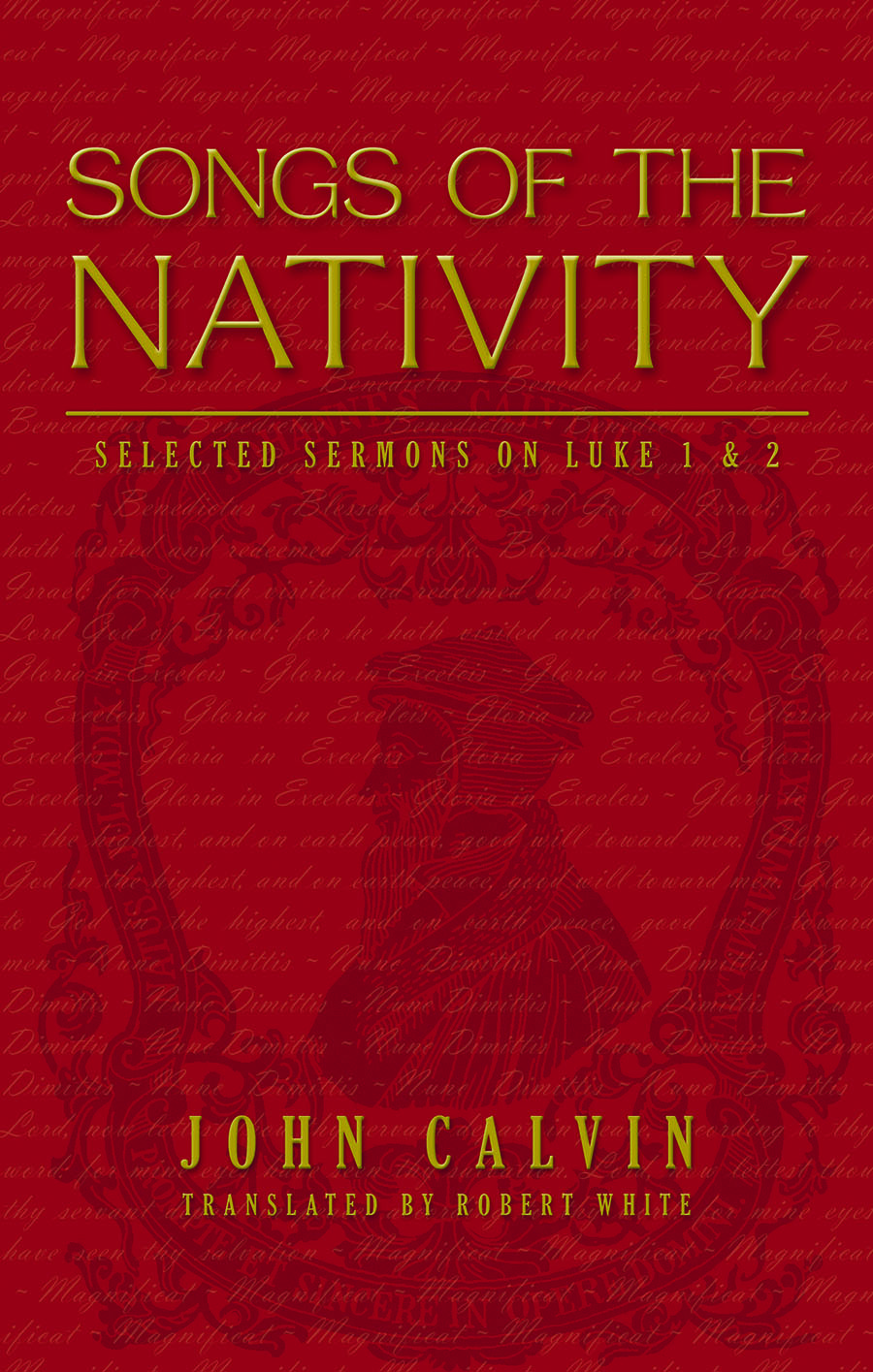Peacocks and Rutterkins: Calvin the Colloquial Communicator
John Calvin is thought of, principally, as a theologian. Of course, he was that. But, as Andrew W. Blackwood once told me, in his day he was first of all considered a preacher. Too few of his sermons have been preserved.1 English translations are mainly in 16th century English!2 Nevertheless, the more I read them, the more I recognize that here was a great preacher. The exegesis, the interpretative explanations growing out of it, the fervency manifested, and the unbelievable ability to apply truth to contemporary situations is notable. Most of this has been said before. But one thing that I have never seen anyone comment upon is his ability to turn a phrase. Many of the sayings that have become clichés in our day are found in Calvin, who may have coined some of them. Others may have been clichés in his day – but he was not afraid to employ them, as are some of our modern day preachers. If a saying or word spoken to his audience made the truth clear, Calvin seemed delighted to freely use it.
Moreover, his was an age in which people didn’t pussyfoot (a word that Calvin probably would have liked to use had he known it) about what they had to say. When he took on the Roman Catholic Church in all of its contemporary sinfulness and perfidiousness, he did not hesitate to tell it like it was (a phrase he also would like to have used). What these parenthetical statements indicate is that the way in which Calvin employed words and phrases would drive the school marms crazy, but helped the congregations that flocked from all over Europe to understand the word he preached. And they not only understood, but they carried it back home, having been set on fire by the incendiary proclamation that sounded forth in Geneva.
I have recently been looking at a few of Calvin’s sermons from I Timothy (not all of them) and as I moved along was struck by some of the words and phrases that appear in these messages. I have listed a few samples. I hope reading them and realizing the effect that they had upon the reformation will embolden you to use language people understand, even if it is non-academic, non-politically correct and, at times, somewhat shocking. Here are a few of his colloquialisms:
Blind buzzards, The cart before the horse, Trouble our brains, A player and a juggler, What God shot at, Make no bones about it, Build castles in the air, A very rare seed, He will not stick to, Nothing but the wind, He shall not only be a fluttering calf, but very dumb, A lot of block-headed asses, Who shall bear away the ball, Pass not a pin for it, Belched and vomited out of the stinking mouths of the wicked, As clear as the sun at noonday, Intractable colts, Paul meant to have given them a nipper, Not a pin’s point, All kinds of starting holes, Beat their heads together, Far out of square, Hellhounds, Butt their horns against God, To run the full rein, Was clean changed, Say from the teeth forward, The least jot, Cast up our noses against him, Was over the ears, In a flumber, Go to, So raging and horn mad, Till we break out necks again, Clean spoiled us, Light-headed fellows, Rock ourselves to sleep, Not able to go on one foot, His nose hard to the grindstone, Strike his top-sail, Paul stuck not to name these men, These vermin, As vile goats, They swim between two waters, Such a hotch potch, Scape scot free, All topsie turvie, Every wagging of a straw, So far out of square, Are as dead stocks, Gadding through the mountains, We are over the ears, Miserable creeping worms, Go about the bush, Well, sir, Flintnecked with cankered hearts, Would be checkmate with him, Our ears are beaten daily with his promise, Cast this in his teeth, Stretch out our wings as peacocks, Some little smackering of it, To humble us God must pare our nails, They understand no more than beasts do, The rest is but smoke, That puddle and sins that call themselves the Clergy, A bladder full of wind, They would take the moon between their teeth, His high place will cost him dearly, A brainsick fool, That matters go neck over head, Hatched out filthiness, A miserable and wretched carcass, At six and seven, Sins we have set on foot, Our eyes are hoodwinked, They have greased his fingers, Has that imprinted in his heart that he speaks with his mouth, Chop out of the way, Nothing must glitter but holiness, At every turning of a hand, Come to the pith of it and don’t stay in the bark, These varlets are but vermin, Settle ourselves to hear, He who nests here beneath, Play the rutterkin, Don’t poison the doctrine, Together by the ears, Occasions to bring us out of tune, Some spice of pride, Men must… let up their bristles, Man…is stark naught, Deacons are the hand of God, Crushed in the brains.
I have barely touched upon such material in the sermons. There is much, much more of the same. Some of the expressions you will recognize, others probably not. It really doesn’t matter – you get the point, don’t you? He spoke in the lively common language of the day. Though he was well educated, and one of the smartest men of his time, he didn’t let his education or ability get in the way of his message. He was willing to become a commoner for Christ. Aren’t you tired of reading and hearing the flat, abstract, drivel spouted forth by teachers and preachers who do not know how to talk like human beings? Do you have a time washing out the starch of the schools to which you went? Then, for starters, take a dose of Calvin. Lay hold of his sermons on Timothy and Titus. They’re in old English where you have to turn the seeming F’s into S’s, and contend with words spelled any old way because that way it would fit the size of the line. At first, it’s a bit difficult, but you’ll catch on quickly. Oh yes, look out for those straight lines over a letter that indicate an m or n has been left out; watch out for the use of an n instead of an m in a word used to fit the sentence into the line. Remember, when you find it somewhat difficult, that they had to set type by hand. And, finally, look for the single Y with a small letter above it. It stands for a TH, and the small letter helps you discover whether it’s they, that, those or whatever. It takes a little guessing, but the context helps and it soon becomes fun. Listing these words drove my spell check crazy! By the way, if you know what a ‘rutterkin’ is, please let me know.3 Thanks!
Notes
-
- See, for example, ‘The Preservation and Influence of Calvin’s Sermons’ in William B Evans’ Introduction to Sermons on the Acts of the Apostles, Chapters 1-7, details below.
- The Trust has published several volumes of Calvin’s sermons, some as facsimiles of 16th century editions, such as that on Timothy and Titus referred to in this article, but also a number as new English translations from the original French. The complete list as at December 2008 is as below. The facsimile editions are out of print.
-
-
Sermons On 2 Samuel
Chapters 1-13
-
-
-
-
Sermons on the Beatitudes
Five sermons from the ‘Gospel Harmony’, delivered in Geneva in 1560
-
-
-
Sermons on the Acts of the Apostles
CHAPTERS 1-7; FOURTY-FOUR SERMONS DELIVERED IN GENEVA BETWEEN 25 AUGUST 1549 AND 11 JANUARY 1555
-
-
-
Sermons on Genesis
Chapters 1 – 11
-
-
-
Sermons on Genesis
Chapters 11-20
-
-
-
Songs of the Nativity
Selected Sermons on Luke 1 & 2
-
Sermons on Timothy and Titus (1983)
Facsimile of the 1579 edition translated by ‘LT’
Out of print
Sermons on Job (1993)
Facsimile of the 1574 edition translated by Arthur Golding
Out of print
Sermons on Deuteronomy (1987)
Facsimile of the 1583 edition translated by Arthur Golding
Out of print
- Rutterkin: An old crafty fox or beguiler; used as a word of contempt. [Webster’s Revised Unabridged Dictionary, published 1913 by C. & G. Merriam Co.]
From The Journal of Modern Ministry Volume 5, Issue 3, Fall 2008. With permission. Notes added. This post first appeared on the Banner website in January 2009.
Latest Articles
On the Trail of the Covenanters February 12, 2026
The first two episodes of The Covenanter Story are now available. In an article that first appeared in the February edition of the Banner magazine, Joshua Kellard relates why the witness of the Scottish Covenanters is worthy of the earnest attention of evangelical Christians today. In late November of last year, on the hills above […]
A Martyr’s Last Letter to His Wife February 11, 2026
In the first video of The Covenanter Story, which releases tomorrow, we tell the story of James Guthrie, the first great martyr of the Covenant. On June 1, the day he was executed for high treason, he coursed the following farewell letter to his wife: “My heart,— Being within a few hours to lay down […]

